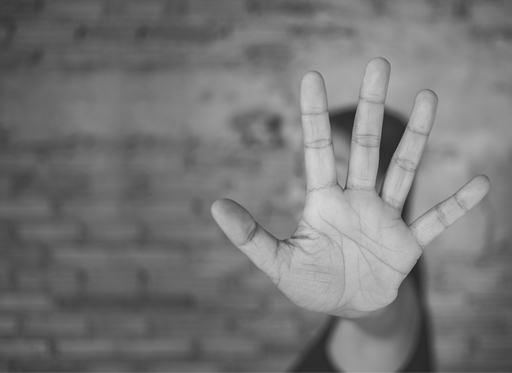4.1 Hate and mate crime
It is understandable that staff and families have concerns about relationships for people with learning disabilities particularly because people with learning disabilities experience higher levels of ‘hate crime’ and ‘mate crime’ than the general population.

Box _unit8.4.1 Box 1 Defining hate crime and mate crime
HATE CRIME: This is when people are targeted purely because of their learning disability.
MATE CRIME: This is when people are abused and exploited by someone they know. This might include emotional, physical or financial abuse. Sometimes this has tragic consequences – for example, the case of Gemma Hayter, who was murdered by people she considered to be her friends (Day, 2019).
Research is also beginning to reveal the severity and frequency of domestic violence that some women with learning disabilities experience (McCarthy et al., 2017). These are very serious issues. Support workers view their role as ‘a juggling act’, trying to strike the right balance between helping people to have good relationships, and protecting them from bad ones (Maguire et al., 2019).
